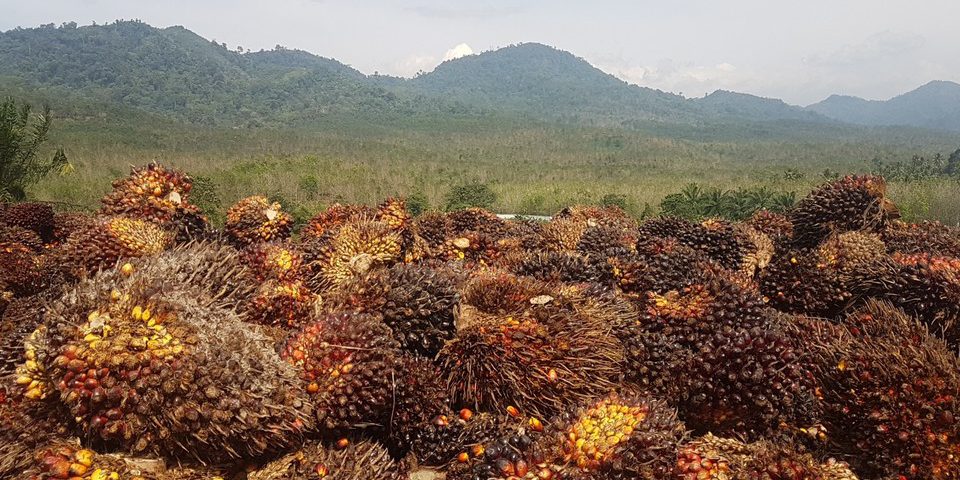The world’s biggest palm oil producer, Indonesia, has asked the dispute settlement body of the World Trade Organization (WTO) to establish a panel to examine the EU Renewable Energy Directive (RED II), which it claims discriminates against biofuels produced from palm oil.
EU member states must transpose the RED II into national law by 30 June next year. The directive classifies palm oil feedstock as having high indirect land-use change (ILUC) risk. This has led to a regulation that will gradually phase out palm oil as a biofuels feedstock from 2023 to a 0pc share by 2030.
The use of renewable fuels in transport will rise to a 14pc share by 2030 from 10pc in 2020 under RED II. The directive sets a limit of 7pc for biofuels made from other vegetable oils and food crops such as rapeseed and soybean, which are considered low ILUC-risk feedstocks.
ILUC refers to the encroachment into agricultural land areas with high-carbon stock such as forests to cultivate crops for biofuel use. But Indonesia argues that the science behind it lacks rigour and transparency, with the rules set out to preclude palm oil and promote EU-grown rapeseed. The complaint also targets individual EU member states that have adopted their own anti-palm oil legislation.
France, in particular, drew Indonesia’s ire after it excluded palm-based biodiesel from its renewable energy tax incentives for transport fuels from 1 January.
The European Biodiesel Board (EBB), which represents 75pc of EU producers, previously declared its support for the new ILUC methodology in RED II but stressed the need for evaluation to be based on transparent, peer-reviewed and publicly available scientific data. It had also welcomed the EU’s definitive application of countervailing duties on Indonesian imports. The EBB recently said it will likely look at Indonesia’s complaint only after the summer period, as setting up a panel is only the first step in a long process.
The dispute settlement body’s next meeting is scheduled for 29 June, but the WTO is unable to confirm yet whether a panel will be set up on this date. An agenda for the meeting should be distributed by the end of this week, the WTO said.
Even if a panel is set up this month without any pushback from the EU, it can still take up to nine months for it to reach a decision on Indonesia’s complaint.
Both sides will have an opportunity to appeal against the proposed panel’s ruling but as the US has blocked the appointments of judges, there is no longer a functioning appellate body to issue edicts. This means a resolution to the dispute may take a long time.
The EU palm oil ban has yet to impact Indonesia’s biodiesel and palm oil exports as its implementation does not kick in until 2021. But the country’s exports have been affected by the EU’s imposition of 8-18pc anti-subsidy duties from August last year. In response, Indonesia increased its biodiesel blending mandate to 30pc (B30) from 1 January, up from 20pc last year, forcing its biodiesel producers to reduce foreign sales to meet domestic requirements. This has resulted in the country’s biodiesel exports falling to just 2,000t during January-April compared with 337,000t in the year-earlier period.
Source: Argusmedia.com










